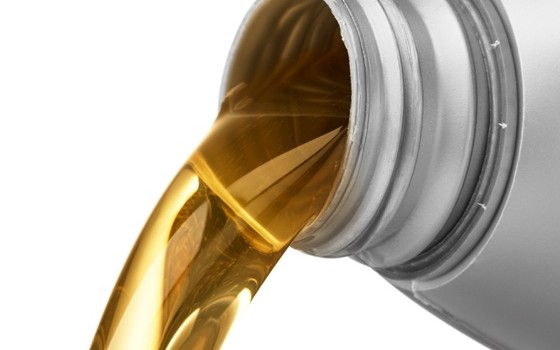

5 Myths About Engine Oil
General Info October 13, 2015 0
If you own a car and you don’t know anything about how it was made and how it works, you will be vulnerable to all kinds of myths about how cars fail. One of the strongest and most damaging myths is about the car’s engine oil.
Arm Yourself with the Right Knowledge
Knowing at least the basic things about cars will enable you to tell the truth about these engine oil myths. You will understand why you need an Express oil change and when. If you do not possess even a cursory knowledge of this substance, you are liable to spend more than you should in vehicle oil changes.
Purpose of the Engine Oil
Your car’s engine needs engine oil so that it can operate without any problem. The engine of course is the primary equipment that moves your car. This engine needs engine oil to lubricate its many moving parts. And these parts are moving at unbelievable speeds per second.
If there is no oil lubricating these parts, it will only take a few seconds before these metal parts will seize up and fuse among themselves. This is the reason why you need to use engine oil.
The engine oil also prevents the accumulation of soot and sludge inside the engine so that it can deliver its rated power at any given time.
Engine Oil Myths You Need to Understand
Myth No. 1 – Using synthetic oil will cause oil leaks
When synthetic oil was introduced in the 1970s, it didn’t quite perform as promised. They were not friendly to the car engine’s gaskets and seals. The synthetic oil caused them to shrink. Natural petroleum did not have this adverse effect. This results in messy oil leaks which often appear when the car is parked on the lot.
But that was long ago. Today’s synthetic oils are considerably better than the original since many technological advances and development were incorporated in them. In fact synthetic oils are more expensive than petroleum-based oils because they are virtually customized for the types of engines of today’s modern cars.
Myth No. 2 – If you want to improve your engine’s performance, use oil additives
This concept is true, but the thing is: additives have already been incorporated in the oil before you bought it. All brands of engine oil in the market have oil additives to enhance their viscosity – the temperature range of temperatures by which the oil can properly flow through the car engine.
This also provides the oil a detergent property which enables it to clean the engine of sludge. In addition, the oil also has chemicals that can protect the engine’s metal parts, and rust retardants that prevent these parts from corroding.
Myth No. 3 – Oil change must be done every 3,000 miles
No matter what your car manual says, you should change the engine oil once the car reaches 3,000 miles. If not, the oil in the engine will form sludge risking the metal parts and reducing the engine’s performance.
That’s not true anymore. Today’s engine oils are designed to provide detergent properties and greater oil viscosities. The present chemical composition of engine oil allows the car to go about 7,500 miles before it needs to be changed.
Consumer Reports has already debunked this myth by stating that unless your car is continuously driven in severe conditions, and always in stop and go traffic, it shouldn’t harm your car engine if you choose to change its oil every 7,500 miles.
Myth No. 4 – The engine oil must be changed if it has already turned black
The original color of the engine oil is amber. Therefore it is only natural to think that it is already getting dirty and will cause sludge formation when it is turning black. That is not correct. In fact, the opposite is true.
If your engine oil has detergent properties (which most modern engine oils have), it is working as it was designed to. That means it is able to disperse the small solid particles inside the car engine effectively preventing them from forming as a collective sludge.
The oil forces these particles to be in suspended motion in order for them not to adhere to each other. This is the primary reason why the engine oil is turning black as it gets older inside the engine.
Myth No. 5 – the ‘W’ indicated in 10W-30 means ‘weight’
Weight is not what ‘W’ meant. The correct meaning is ‘winter’. It is a classification of the temperature capacity or ability of the engine oil to work even during winter.
All kinds of oil change their viscosity under different temperatures. A single oil viscosity rating represents the flow or viscosity of the oil in warm temperatures. Of course, even in winter, you will need to use your car. But starting it cold in the morning will give you some problems if you use engine oil without the ‘W’ rating.

No comments so far.
Be first to leave comment below.